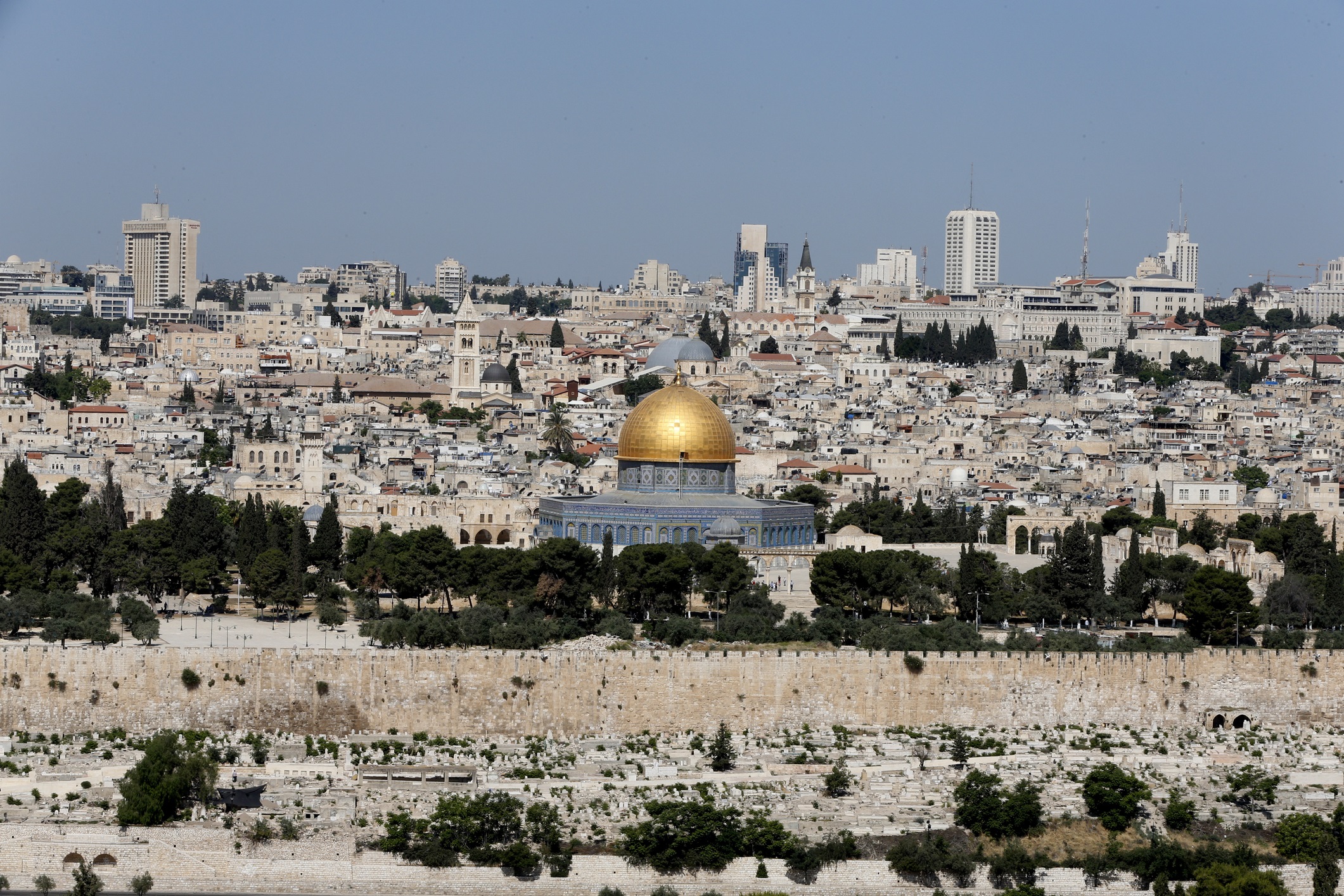The Centre for Media Monitoring has published its latest report, “Media Reporting on Palestine 2021”, which looks at the ways in which some mainstream media outlets in the UK are skewing the narrative on the recent violence in Jerusalem and Gaza.
The report looks at how these narratives can have an impact on the public’s understanding of events and recommends ways for the media to avoid this. It also gives advice on how we can all get involved to stop this from happening.
The Centre for Media Monitoring is a Muslim Council of Britain project set up to promote fair and responsible reporting of Muslims and Islam.
Rizwana Hamid, the Centre for Media Monitoring’s director and co-author of the report, described how they had received an “overwhelming amount of complaints” from the public, which “complemented CfMM’s own observations, analysis and evidence base of skewed language, misleading headlines and problematic framing found in many reports in both print and broadcast media.”
She explained why this is so important, saying: “At the extreme end, the impact and consequences of the media narrative erases the history, context and legitimacy of the Palestinian cause by presenting Palestinians as the aggressors and Israel as acting in self-defence.“
The report lists 10 different media narratives, which are ways in which the media can skew perspectives, together with recommendations of how to avoid them.
These include:
- Justifying the actions of the Israeli authorities by presenting them as legally valid, for example, by focusing on what they describe as ‘evictions’ and presenting the violence as a ‘real estate dispute’
- Implying a symmetry of power through use of words such as ‘clashes’ and ‘conflict’ and failing to specify whether fatalities and casualties are Israeli or Palestinian and who has caused these people to be killed or injured
- Using passive sentence structures such as ‘Palestinians dead’ or ‘Palestinians died’ or ‘tower block explodes’ and not mentioning who inflicted the violence
- Framing Palestine as the aggressor, which has provoked the violence, for example by implying that it has occurred as the result of Palestinian rocket attacks but not explaining what happened before this and by ignoring the disproportionate nature of Israeli air strikes
- Portraying Palestinians as violent by use of vocabulary such as ‘militants’
- Framing the violence as motivated by religion, especially between Muslims and Jews, when the reality is that Jerusalem (al-Quds) has great religious significance for all three Abrahamic faiths. The report recommends that “the history of Israel vs Palestine” should not be portrayed “as other than settler colonialism”. It also notes that the frequent use of the image of Al-Aqsa Mosque in news reports leads to an association for the reader between Islam and violence.
- Removing Palestine as an identifier by, for example, using terms such as ‘Israeli Arab’, which serve to remove Palestinian identity
- Presenting criticism of Israel or Zionism, or support for Palestine as being inherently anti-Semitic
- Not challenging views sufficiently in broadcast interviews
- Not fact-checking sources rigorously enough and relying on Israeli sources, rather than on independent sources such as the UN
In addition to highlighting examples of biased or skewed news coverage, the report also cites many positive examples of balanced broadcast and print coverage.
What can you do, if you spot one of these narratives in a news report?
The report gives information about the Editors’ Code and the OFCOM Broadcasters’ Code and explains how to complain about biased news coverage.
Where to read the full ‘Media Reporting on Palestine 2021’ Special Report and Toolkit?
The full report can be downloaded here.
















